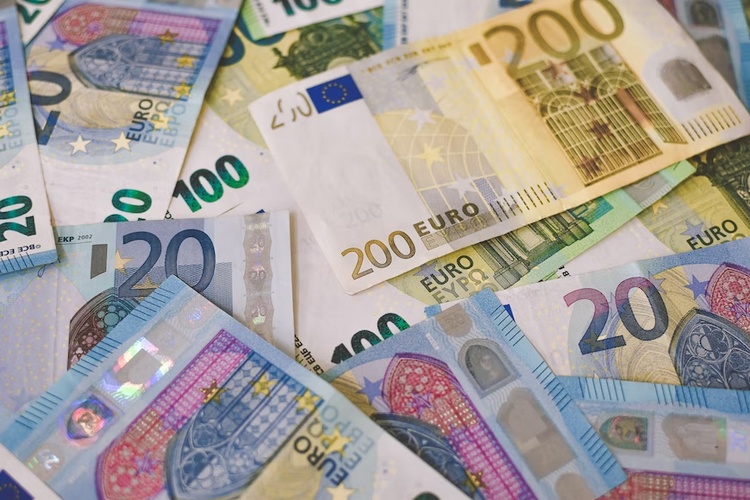January 23 NEC Energy News
¶ “How The World’s Largest Banks Are Funding Fossil Fuel Companies” • There’s no way to sugarcoat this. The world’s largest banks are providing the money fossil fuel companies need so they can continue degrading the environment to the point where the humans may no longer be able to survive on our little blue planet [CleanTechnica]

¶ “Balanga Bishop Writes Against Revival Of Bataan Nuke Plant” • The Diocese of Balanga, led by Bishop Ruperto Cruz Santos, has spoken against the idea of reviving the mothballed Bataan Nuclear Power Plant. The letter cited the 2018 findings of Russia’s State Atomic Energy Corporation, which said the Philippine plant is “absolutely outdated.” [Power Philippines]
¶ “Nearly 220 Million People In Pakistan Without Power After Countrywide Outage” • A nationwide power outage in Pakistan left nearly 220 million people without electricity on Monday, threatening to cause havoc in the South Asian nation already grappling with fuel shortages in the winter months. It is unclear how long the outage will last. [CNN]
¶ “Algae That Blights Our Seas Is Harvested To Make Useful Products” • Excessive outbreaks of seaweed are clogging up waters from the Caribbean to the Baltic. Now the algae is being harvested alongside farmed crops to create ingredients for cosmetics and food products. The outbreaks happen when tiny cyanobacteria suddenly multiply rapidly. [BBC]

¶ “Climate Scientists Worry As ‘Sun Tourism’ Catches Up Fast In Himachal Pradesh” • ‘Sun tourism’ is catching up fast in the Indian mountains of Himachal Pradesh as one gets more balmy days in the winter compared to the country’s northern plains, where the fog is screening out the sun. It is a worrying sign for climate scientists. [The Weather Channel]
¶ “With Its New Energy Policy, Odisha Hopes For A Frictionless Transition To Renewable Power” • The government of the Indian state of Odisha is offering exemption on duty and surcharges, along with other benefits and is targetting renewable energy capacity of 10,000 MW by 2030, according to its renewable energy policy, 2022. [Scroll.in]
For more news, please visit geoharvey – Daily News about Energy and Climate Change.
